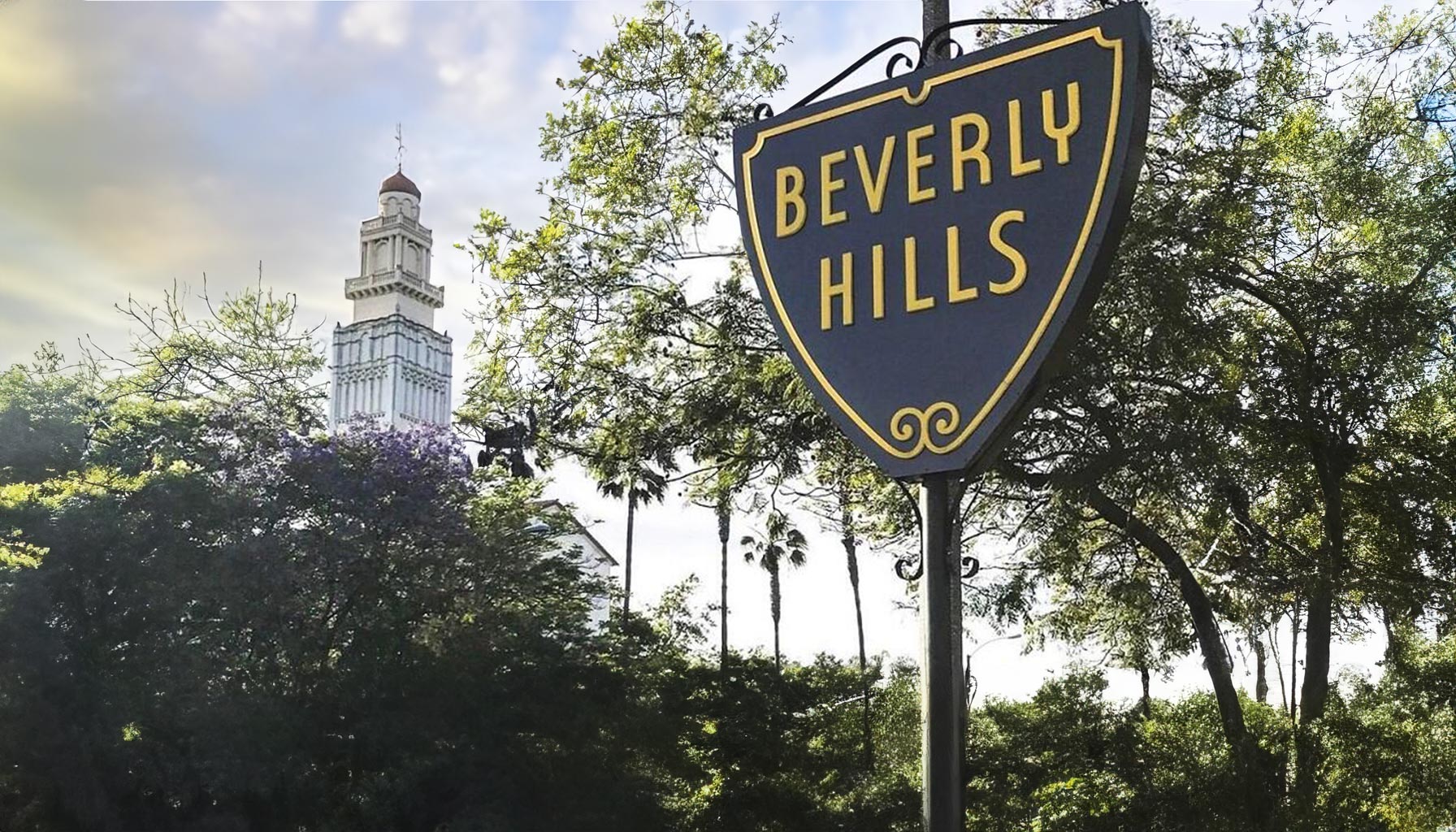Inside the High-Stakes Drama of Real Estate and Rejection in LA’s Pinnacle of Prestige
Beverly Hills, a name synonymous with luxury and glamour, lacks a feature often associated with such affluent communities: its own country club. This absence, however, isn’t for lack of trying but is the result of a combination of historical, geographical, social, and even controversial reasons that intertwine to create the Beverly Hills we know today.
Historically, when Beverly Hills was developed in the early 20th century, the focus was on residential and commercial development rather than recreational facilities like country clubs. As a result, despite the affluence and leisure-oriented lifestyle associated with the city, there wasn’t a push to include a country club within its limited geographical bounds.
Geographically speaking, Beverly Hills is quite compact, bordered by Los Angeles and the Santa Monica Mountains, which limits the availability of large expanses of land that country clubs typically require. Given the high value of real estate in the area, dedicating a large parcel of land to a country club is less feasible economically, especially when the city’s residents can easily access neighboring clubs in Los Angeles.
Socially, Beverly Hills serves as a hub for tourism and entertainment, catering to a transient and diverse population that includes international visitors and celebrities. The traditional country club model, with its focus on exclusivity and long-term memberships, may not align well with the lifestyle and needs of this demographic.
Despite these factors, there was a significant attempt to establish the Beverly Hills Country Club in the 1960s. The proposed project aimed to create one of the most expensive and exclusive golf courses in the world, with prominent figures like Robert Trent Jones and Dean Martin involved. The development was planned for an area above Beverly Hills known as Higgins Canyon and was projected to cost $23 million, which was a staggering sum at the time. Despite the backing of celebrities and substantial financial commitments, the project faced numerous challenges, including environmental concerns, local opposition, and logistical complications related to the construction and design of the course. Ultimately, these issues led to the abandonment of the project, and the land was later developed into the Beverly Park gated community.
Moreover, while Beverly Hills itself does not boast its own country club, residents have access to several prestigious clubs nearby, such as the Los Angeles Country Club, the Bel-Air Country Club, and the Riviera Country Club. These facilities offer the luxury, exclusivity, and recreational amenities that align with the lifestyle expectations of Beverly Hills residents, thus mitigating the absence of a local country club.
In summary, while the idea of a Beverly Hills Country Club was once a possibility, the combination of historical development choices, geographical constraints, societal dynamics, and failed attempts has resulted in a city that, paradoxically, is synonymous with luxury but without its own country club. Instead, Beverly Hills has evolved into a unique enclave where the worlds of entertainment, business, and high-end retail converge, offering its residents and visitors an alternative form of luxury and exclusivity

